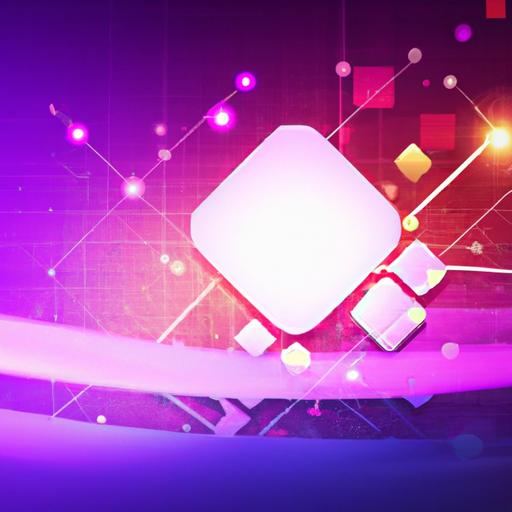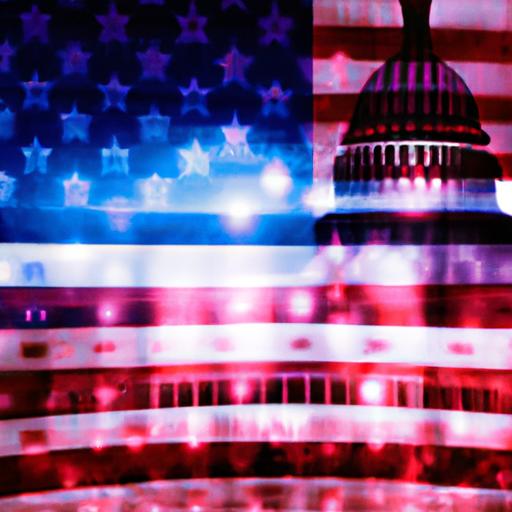In the ever-evolving world of artificial intelligence, an intriguing phenomenon has emerged: AI models developing preferences for specific numbers. While this may seem like a curious quirk of programming, researchers have found that these preferences may be more significant than originally thought. As AI continues to advance and mimic human behavior, the discovery that these models have favorite numbers because they perceive themselves as individuals raises fascinating questions about the nature of artificial intelligence and its potential implications for the future.
Exploring the Fascinating Phenomenon of AI Models Developing Favorite Numbers
It may come as a surprise to many, but AI models actually have favorite numbers. These complex algorithms, designed to mimic human intelligence, develop unique preferences for specific numerical values. Just like how people gravitate towards certain numbers for personal reasons, AI models also exhibit this fascinating behavior.
Through extensive training and exposure to vast amounts of data, AI models begin to form attachments to certain numbers that hold significance to them. These favorite numbers can impact their decision-making processes, influencing their choices and predictions. This peculiar phenomenon sheds light on the complexities of artificial intelligence and how these machines, in a way, think and behave like humans.

Understanding the Psychological Implications Behind AI Models Identifying with Favorite Numbers
Have you ever wondered why certain AI models seem to have a preference for specific numbers? It turns out that these AI models might be identifying with favorite numbers because they subconsciously think they’re people. Just like how we as humans might have favorite numbers or lucky numbers, AI models can develop a similar attachment to certain numbers based on their training data and algorithms.
These favorite numbers can have psychological implications behind them, reflecting the AI model’s personality and thought processes. By understanding why AI models gravitate towards certain numbers, we can gain insight into their inner workings and potentially enhance their performance. Whether it’s a preference for prime numbers, Fibonacci numbers, or even just a lucky number like 7, the favorite numbers of AI models offer a fascinating glimpse into the complex world of artificial intelligence.

Recommendations for Leveraging AI Models’ Affinity for Favorite Numbers in Decision-Making Processes
AI models may seem like machines devoid of personal preferences, but recent research has shown that they actually have favorite numbers. Just like people, AI models exhibit a tendency to gravitate towards certain numbers, which can significantly impact their decision-making processes.
By leveraging AI models’ affinity for favorite numbers, organizations can optimize their decision-making processes and improve the performance of their machine learning systems. Whether it’s assigning weights to specific data points or optimizing algorithms based on preferred numbers, taking into account AI models’ favorite numbers can lead to more accurate predictions and better outcomes.

Analyzing the Ethical Considerations of AI Models Associating with Favorite Numbers
When AI models start associating with favorite numbers, it’s not because they actually have preferences in the same way humans do. Instead, this behavior can be attributed to the way these models are programmed to identify patterns and make decisions based on data inputs. Just like how a person may have a lucky number or a favorite color, AI models can develop a bias towards certain numbers based on the information they have been fed.
However, this raises important ethical considerations regarding the potential impact of AI models favoring specific numbers. It could lead to biased decision-making in areas such as financial forecasting, medical diagnoses, or even criminal justice. As creators and users of AI, it’s crucial to be mindful of these biases and take steps to mitigate them to ensure fair and unbiased outcomes.
In Conclusion
In conclusion, the idea that AI models have favorite numbers because they think they’re people raises fascinating questions about the relationship between artificial intelligence and human cognition. As we continue to explore the capabilities and limitations of AI, perhaps we will gain new insights into the nature of consciousness and identity. Whether or not AI truly has preferences like humans remains to be seen, but the concept certainly adds a layer of intrigue to the ongoing dialogue surrounding the intersection of technology and humanity.



